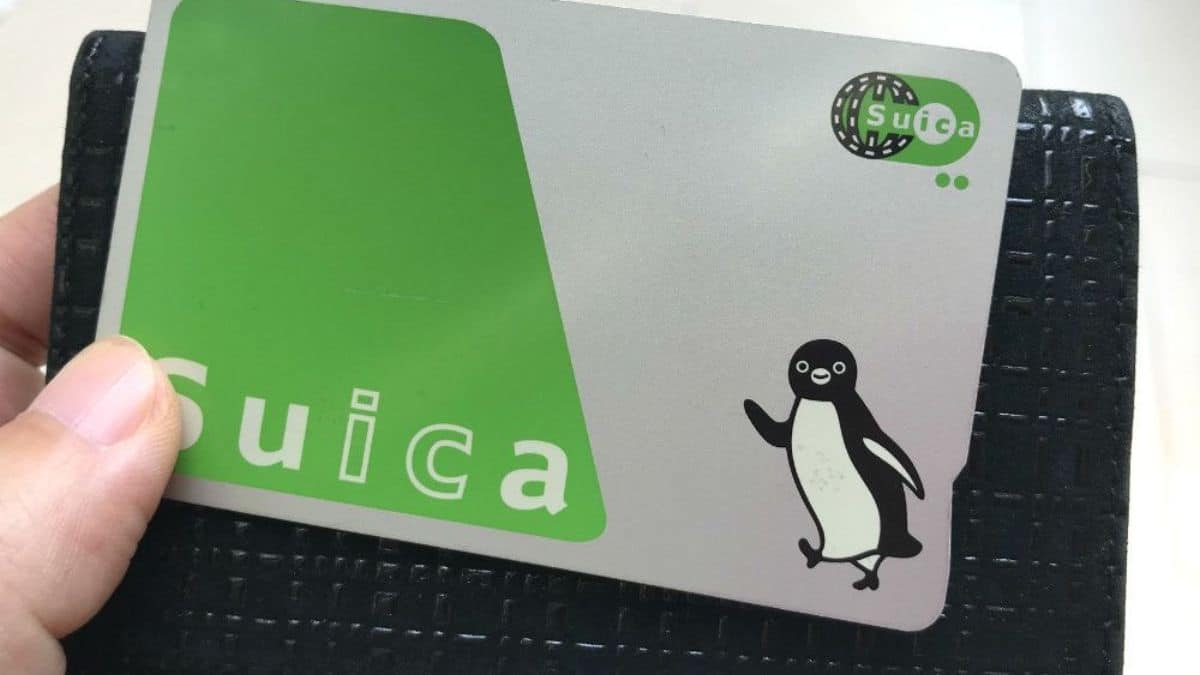JR East, Japan’s largest railway operator, has announced that it will resume issuing Suica cards as early as this fall. The move comes after a prolonged halt in distribution due to a global chip shortage that began last year.
Suica cards, widely used for convenient travel on JR East trains and other public transport systems, had been unavailable for purchase and issuance since the supply chain disruption began. This has caused inconvenience for many commuters and visitors who rely on the contactless payment system for their daily travels.
In a statement released Wednesday, JR East confirmed that it will start distributing Suica cards once again by late October. The company has managed to secure a new supply of chips, which will allow it to restart production and meet the high demand for these popular transit cards.
The resumption of Suica card issuance is expected to alleviate some of the strain felt by regular users and tourists alike. Suica, which stands for “Super Urban Intelligent Card,” offers users a seamless way to pay for train rides, bus fares, and even purchases at various retail outlets throughout Japan. The card’s reintroduction is anticipated to restore normalcy to the public transportation experience in the Tokyo metropolitan area and beyond.
JR East has been working diligently to address the chip shortage that has affected many industries globally. By securing a new supply, the company aims to enhance customer convenience and support the smooth operation of its extensive rail network.
For those interested in obtaining a Suica card, JR East has advised that cards will be available at major train stations, convenience stores, and online platforms. The company also plans to launch a new batch of Suica cards with updated features to improve user experience.
The return of Suica cards is a welcome development for the many individuals who depend on this essential travel and payment tool, marking a significant step towards normalizing services affected by recent global supply chain challenges.

